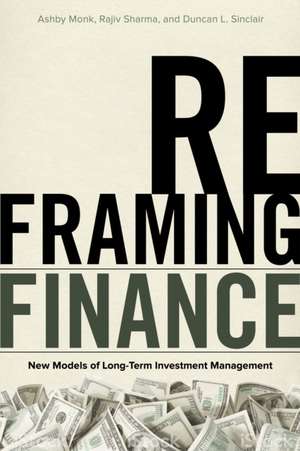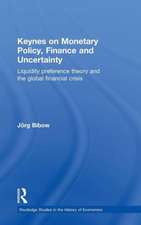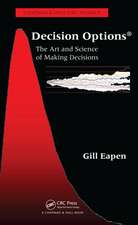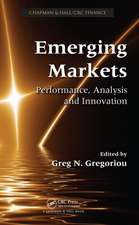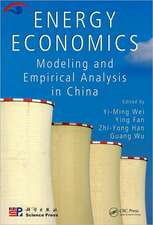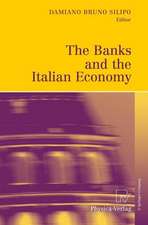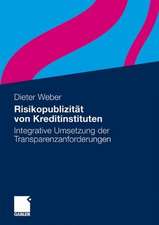Reframing Finance – New Models of Long–Term Investment Management
Autor Ashby Monk, Rajiv Sharma, Duncan L. Sinclairen Limba Engleză Hardback – 7 aug 2017
| Toate formatele și edițiile | Preț | Express |
|---|---|---|
| Paperback (1) | 259.00 lei 6-8 săpt. | |
| MK – Stanford University Press – 2 sep 2019 | 259.00 lei 6-8 săpt. | |
| Hardback (1) | 775.71 lei 6-8 săpt. | |
| MK – Stanford University Press – 7 aug 2017 | 775.71 lei 6-8 săpt. |
Preț: 775.71 lei
Preț vechi: 1007.41 lei
-23% Nou
Puncte Express: 1164
Preț estimativ în valută:
148.43€ • 155.39$ • 122.82£
148.43€ • 155.39$ • 122.82£
Carte tipărită la comandă
Livrare economică 05-19 aprilie
Preluare comenzi: 021 569.72.76
Specificații
ISBN-13: 9781503601789
ISBN-10: 1503601781
Pagini: 216
Dimensiuni: 158 x 236 x 20 mm
Greutate: 0.49 kg
Editura: MK – Stanford University Press
ISBN-10: 1503601781
Pagini: 216
Dimensiuni: 158 x 236 x 20 mm
Greutate: 0.49 kg
Editura: MK – Stanford University Press
Cuprins
Notă biografică
Ashby Monk is Executive and Research Director of Stanford University's Global Projects Center.Rajiv Sharma is Research Program Manager at Stanford's Global Projects Center and Visiting Research Associate at Oxford University's Smith School of Enterprise and the Environment. Duncan L. Sinclair is Vice Chair at Deloitte.
Descriere
Descriere de la o altă ediție sau format:
Reframing Finance argues that institutional investors (such as pension funds, sovereign wealth funds, endowments, and foundations) should put their money more directly into projects like infrastructure, green energy, and the future of agriculture in order to keep the power of financial service firms in check, while closing significant resource gaps that government cannot.
Reframing Finance argues that institutional investors (such as pension funds, sovereign wealth funds, endowments, and foundations) should put their money more directly into projects like infrastructure, green energy, and the future of agriculture in order to keep the power of financial service firms in check, while closing significant resource gaps that government cannot.
